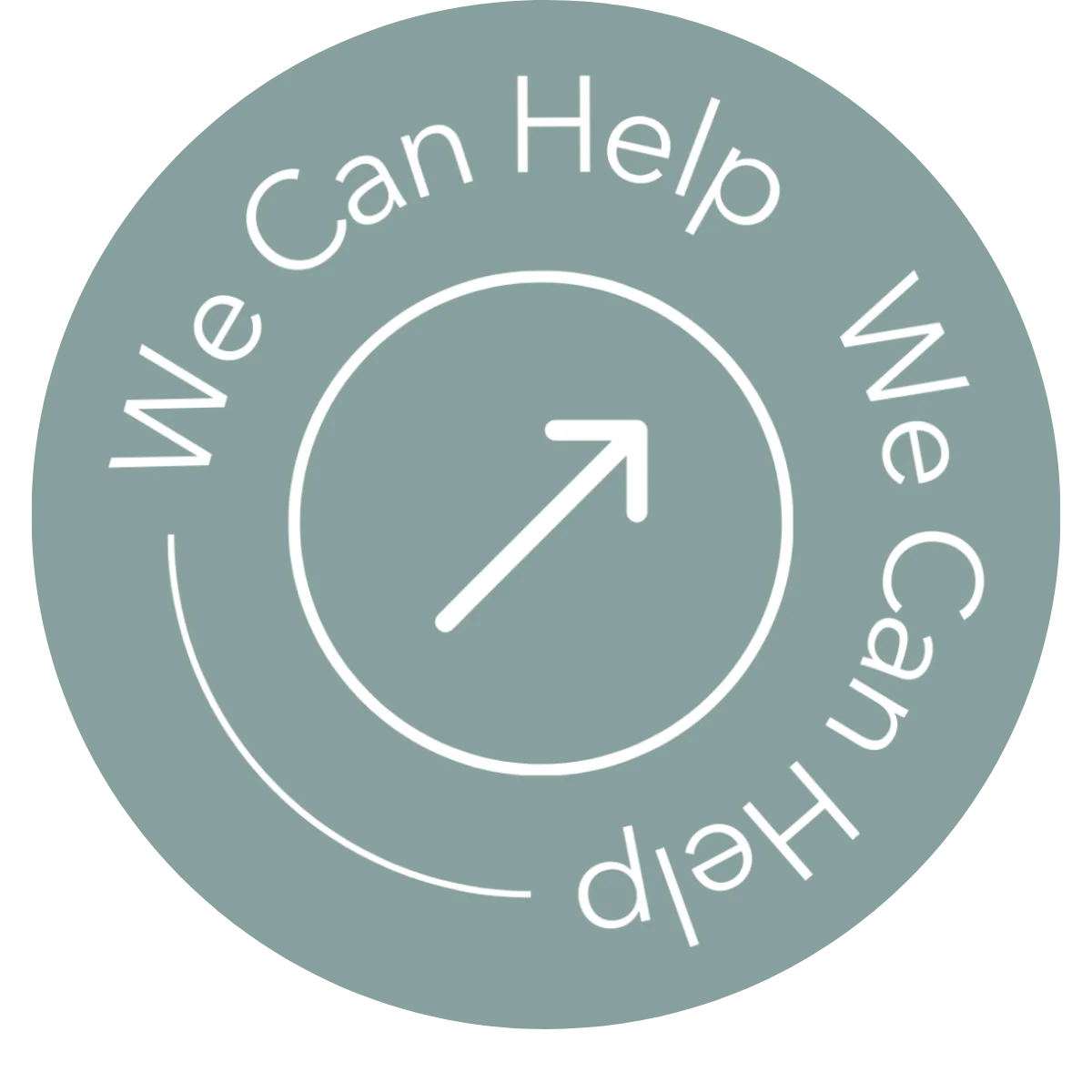Choosing the Right Mental Health Professional For Your Needs
Who Is a Mental Health Professional?
Mental healthcare has become increasingly important globally. This has therefore led to a growing spotlight on mental health professionals. However, there’s still widespread confusion about who a mental health professional is and what they actually do.
A mental health professional, skilled in adolescent family therapy, is licensed and trained in diagnosing, treating, and managing mental health disorders and emotional issues, emphasizing the family context in adolescent development.. This broad term encompasses a range of specialists, including psychologists, psychiatrists, and counselors.
Each type of mental health professional offers a unique set of skills and areas of expertise. These professionals assume multiple roles aimed at assisting you in improving your mental health. Some of these responsibilities encompass:

Diagnostic Roles
One of the first roles of a mental health professional is to perform a diagnostic evaluation. They use scientifically validated tools and methodologies to diagnose various conditions. These conditions may include depression, anxiety, substance use disorder, and more.
Accurate diagnosis is the first step in any effective treatment plan. It is imperative for identifying the most appropriate therapeutic interventions for patients.
Therapeutic Interventions
Emotional Support and Guidance
Educational Role
This is important because education about symptoms and disorders can help individuals manage them in a safer and healthier manner.
Crisis Intervention
Types of Mental Health Professionals
Therapists
They may also specialize in therapeutic approaches like cognitive-behavioral therapy (CBT). A therapist is typically well-equipped to help individuals manage conditions like anxiety and depression.1
Counselors
Psychologists
Psychiatrists
How Does a Mental Health Professional Assess and Diagnose Mental Health Conditions?
Initial Consultation
Psychological Testing
Observational Methods
Diagnostic Criteria
Therapeutic Approaches Commonly Used By Mental Health Professionals
Cognitive-Behavioral Therapy
CBT is often effective for treating anxiety, depression, and obsessive-compulsive disorder. It has also been shown to be helpful for substance use disorder.3
Psychoanalysis and Psychodynamic Therapy
Dialectical Behavior Therapy (DBT)
DBT is a form of CBT, but it does have distinct features that make it different. DBT combines standard cognitive-behavioral techniques with mindfulness and acceptance strategies. This makes it particularly effective in treating borderline personality disorder and other severe mood dysregulations.
Family and Couples Therapy
Group Therapy
As the name implies, this approach is conducted with multiple participants facing similar issues. Group therapy offers a supportive environment for individuals to share experiences and healing strategies. It is often used to treat conditions like addiction, social anxiety, or trauma.
Play Therapy
Trauma-Focused Therapies
Motivational Interviewing
How To Choose The Right Mental Health Professional For Your Needs
Understand Your Needs
Verify Credentials and Experience
- Licensing: Ensure the mental health professional is licensed to practice in your state.
- Specialization: Some professionals specialize in specific issues, like addiction or child psychology. Make sure they have relevant experience with your particular problem.
Consult Multiple Sources
- Referrals: Personal referrals from friends or family.
- Online Reviews: Websites and apps often feature reviews and ratings of mental health professionals.
Schedule Consultations
Assess Compatibility
- Comfort Level: You should feel comfortable sharing personal information with your mental health professional.
- Cost and Logistics: Consider factors like insurance, session costs, and location. These practical considerations can impact your ability to sustain therapy.
Monitor Progress

Find Help at Ethos Wellness
What We Offer
Our specialized outpatient treatment programs offer precisely the targeted support you need. At Ethos Wellness, we leverage a blend of holistic and evidence-based therapies uniquely designed to set you on the course toward lasting recovery.
Get in Touch Today
Empower yourself today by reaching out to us and taking the vital step towards a brighter mental health journey. Together, we’ll help you work towards a brighter and healthier future.
Resources
- https://www.healthline.com/health/mental-health-professionals-types#psychotherapist
- https://www.nami.org/About-Mental-Illness/Treatments/Types-of-Mental-Health-Professionals#:~:text=These%20masters%2Dlevel%20health%20care,based%20on%20the%20treatment%20setting.
- https://www.apa.org/ptsd-guideline/patients-and-families/cognitive-behavioral
- https://www.verywellmind.com/play-therapy-definition-types-techniques-5194915


